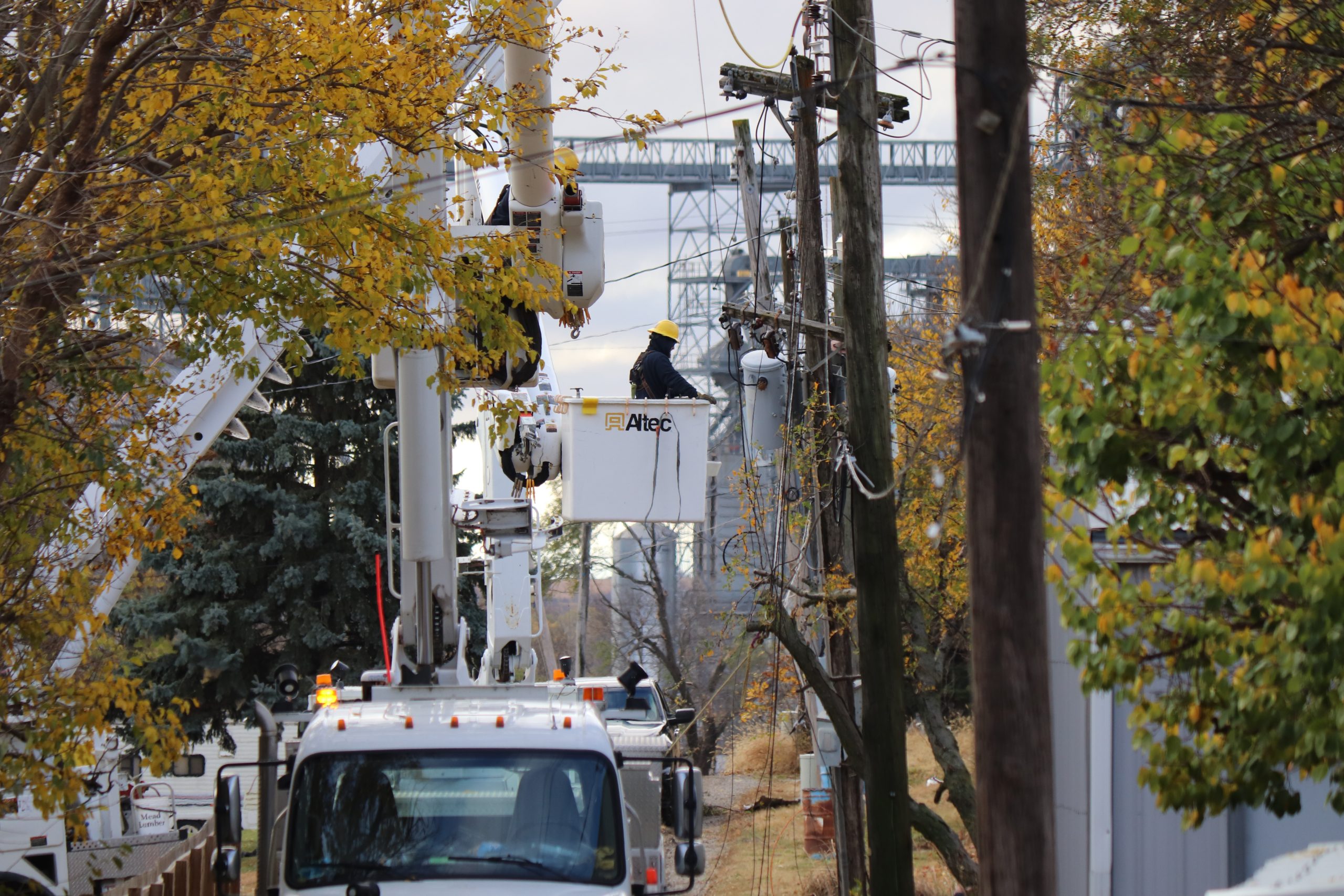By Brian McKim
Falls City EDGE is excited to announce that Citroniq Chemicals LLC, a biochemical manufacturer, has selected the Mid-America Rail Campus, south of Falls City, for a state-of-the-art facility. According to a press release from Citroniq Chemicals LLC, the project is part of the Nebraska BioEconomy initiative, which aims to advance Nebraska’s economic strength, fortify rural communities, and create sustainable high-paying careers.
The $5 billion investment is one of the largest in state history. The projected scope will include an approximate 160 high-wage careers and cover 120 acres with an additional 300 acres dedicated to rail infrastructure. The site is located two miles south of Falls City. Its western border runs along Hwy 73, borders the Kansas state line, and includes the Union Pacific railroad towards the eastern border.
Citroniq Chemicals LLC is a U.S. owned innovator in biochemical manufacturing by Principals Kelly Knopp and Mel Badheka. The purpose of the proposed plant will transform un-denatured ethanol into bio-base polypropylene, reducing the reliance of petroleum-based alternatives while driving additional revenue streams to Nebraska’s farms. Polypropylene pellets are the raw material used to extrude plastic parts into everyday consumer and automotive components. The plant intends to be operational in Richardson County by 2029. The plant will take approximately three years to construct once the engineering and pre-development work is complete.
In Falls City specifically, local sales tax is allocated to a special reserve fund designed for capital improvements, and the increase from this project will allow the expansion of funds for community projects.
“We’re definitely going to look at the economic impact, it’s going to be huge for the area,” said City Administrator Anthony Nussbaum. “We will study the economic impact and how it affects the social aspects throughout the community so we can plan for housing, utility infrastructure, and other needs for this type of investment in Falls City.”
According to information received from EDGE, the economic impact over the next three decades could be in the tens of billions. A formal study will lay out more data and guidance for implementation. EDGE expects as much as 75% of the new employees to seek housing in Falls City and have planned for that. Richardson County is a net negative commuter county, which means more workers live here than jobs are available. Falls City’s educated and skilled workforce currently working in another county will have an opportunity to build their career and work in Falls City. This project is not expected to weaken our current industrial businesses but compliment their labor pool availability.
“We expect many of these jobs to be filled with skilled professionals that relocate to Falls City with their families,” said Froeschl.
EDGE’s subsidiary, Champions Crossing LLC, is managing the housing development south of the hospital. Eleven resident lots are available for new housing, with 17 more planned in subsequent phases. EDGE’s other subsidiary, Falls City Area Properties LLC, secured ownership of a 3.2-acre lot that is zoned High Density Residential; ideal for apartments and townhomes.
Citroniq’s investment will increase local and state revenue, allowing more support for community needs such as law enforcement, fire service, streets, schools, infrastructure, culture, recreation and community development.
Lucas Froeschl, Executive Director of EDGE, noted that eminent domain is not in play for this project.
“EDGE is a 501(C)(6) nonprofit private organization,” said Froeschl. “We’re contracted by the city and the county for economic development services. We do not have eminent domain capabilities, but we do have agreements in place with landowners willing to sell for these opportunities.” The co-founders of Citroniq inquired about who may be affected by the project and have pledged to work with those impacted.
In 2006, the Nebraska Legislature passed Legislative Bill 924, which prohibits the use of eminent domain “if the taking is primarily for an economic development purpose.”
Nussbaum added that Citroniq wants to find the best outcome for every individual in the area.
“The people who they are getting the land from, the people around the area and the community as a whole,” said Nussbaum.
According to Nussbaum the Governor’s Office feels the same.
“They want to build upon what we have, build upon the community, otherwise it doesn’t have the positive effect that fits their mission.”
“The whole Nebraska BioEconomy Initiative highlights supporting our rural communities,” said Froeschl. “The Governor’s Office chose Citroniq for Nebraska because they want to do this the right way. Governor Pillen is adamant that businesses looking for incentives, cheap power, and use of our water resources are not being prioritized.”
Froeschl stated the group originally visited in July of 2023, then talks seemed to simmer. The conversation became serious while attending the Bio Innovations Midwest conference in Omaha about six weeks ago.
“In turn, they picked Falls City because of all the building blocks that were put in place by previous EDGE Director, Beckie Cromer. This is the result of an organized, long-term plan, that was organized years ago.”
“We were given notice at that show a few weeks ago that Falls City was back in play,” said Froeschl.
After a follow-up visit, it became more of a reality.
“The following week, Kelly and Mel visited for a conference call with the landowners who are supportive of the project. We also met with some of the families that live in the area and discussed working towards an amicable solution.”
This opportunity is enormous for the community. It provides a great opportunity to get the much-needed power supply upgrade to Falls City.
“Twelve to fourteen years ago it was quoted that Falls City was not investable,” said Froeschl. “That is what started this momentum to lay a foundation for future opportunities. Part of the reason EDGE organized the options at Mid-America Rail Campus was to make Falls City investable. We had to give them a reason to build the electrical infrastructure. Citroniq’s announcement should get us to the finish line.”
In the Spring of 2022, EDGE worked with Senator Julie Slama in getting legislation passed by the Nebraska Legislature that allocates $15,000,000 to “a city of the second class that is served by two first-class railroads, is within fifteen miles of two state borders, and partners with public power utilities for purposes of expanding electrical system capacities and enhancing redundancy and resilience.” Falls City fits these criteria and will seek these funds to meet Citroniq’s electrical needs.
Over 2,000 workers will be employed over the three-year construction of the site, arriving intermittently, and boosting local revenue from purchases like food, fuel, and lodging.
Once construction is complete, the plant will employ roughly 160 skilled professionals.
“The way I understand it, there are few, if any, unskilled positions at this plant,” said Froeschl. “This operation will likely consist of educated skilled professionals with chemistry, engineering, and maintenance backgrounds.”
Froeschl stated there may be people who already live in the area that have the skill set for the operation but commute out of county for better paying jobs.
“That’s what this project and Nebraska’s BioEconomy Initiative is all about,” said Froeschl. “To allow the folks living in rural communities an opportunity to prosper and build their career at home.”
Citroniq is committed to responsible water use and will process 300 gallons per minute of environmentally friendly potable wastewater. It’s possible that a dedicated waterline could be built directly to the Missouri River, bypassing the need for processing at the Rulo Water Plant.
“There is no ethanol plant there,” said Froeschl. “Ethanol plants can sometimes give off a musty smell. That is not this.”
The company will procure un-denatured ethanol by rail and ship the finished product by rail. The development is expected to build ten to twelve rail spurs with accommodations to park 4,000 rail cars. According to Froeschl the ethanol is almost pure alcohol.
“The process is clean and the potable water by-product will not contaminate our groundwater resources. It’s not petroleum based, it’s ethanol from corn.”
The company is not seeking any incentives from the city or county.
“They’re not coming in and asking what can you do for us, they’ve already picked us,” said Nussbaum. “This is why eminent domain is not a thing this isn’t a public project. This is private money. It’s just what bank is backing them.”
EDGE’s mission is to encourage economic development and growth to improve the business conditions in Falls City, Richardson County and the surrounding area.
“EDGE exists for the benefits of its members, which includes the City of Falls City and Richardson County,” said Froeschl.
According to Nussbaum, economic development is funded on the city-side through a 7% pilot on the utilities, which was placed there in the early 1990s.
“Our gas and electric, 7% of their revenue, goes back into our general funds,” said Nussbaum. “And that is utilized to fund our economic development side. That’s continued to go to the contracts for economic development. That goes to EDGE, it goes to our Chamber and Main Street Programs. It’s not any component of tax dollars, it’s 100% revenue generated by utility components, which is electric and gas, not water or sewer.”
Citroniq Chemicals LLC has agreed to partner with EDGE on the future of the development to bring complimentary companies to Richardson County in the future. They will also offer house purchasing options to employees committed to working at their company for at least two years.
Stay tuned to the Journal for future articles on the formation of EDGE and details of how this project came to be.
The official press release can be seen here.
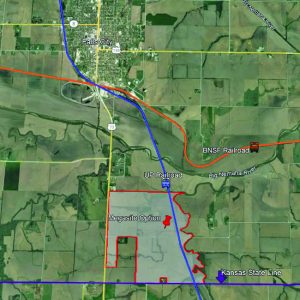
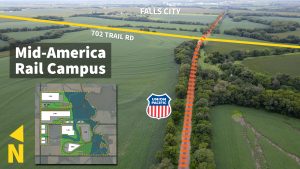
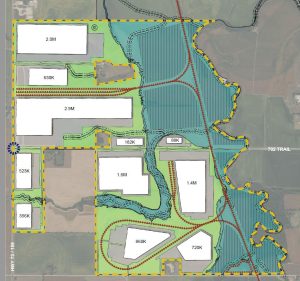
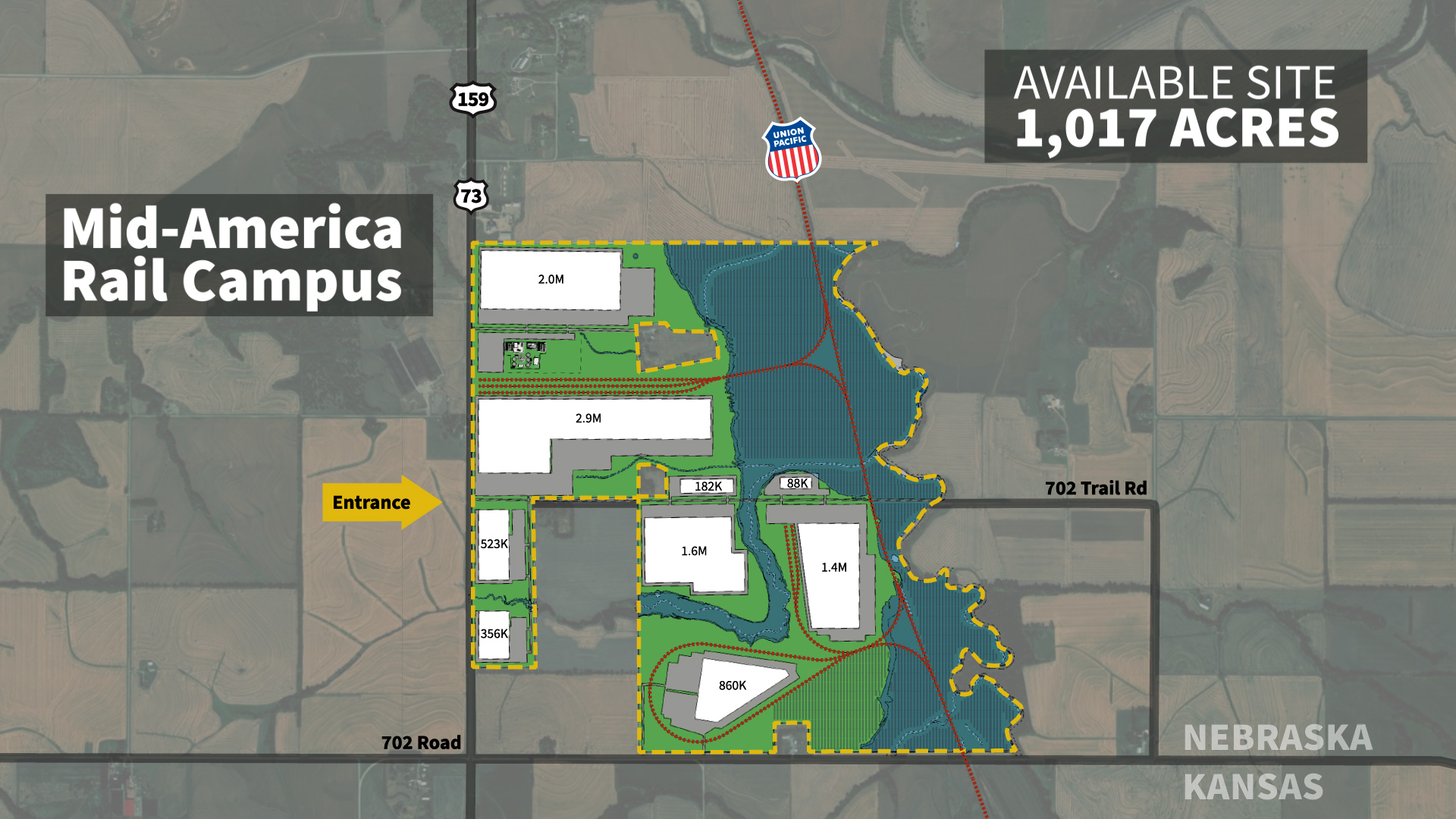
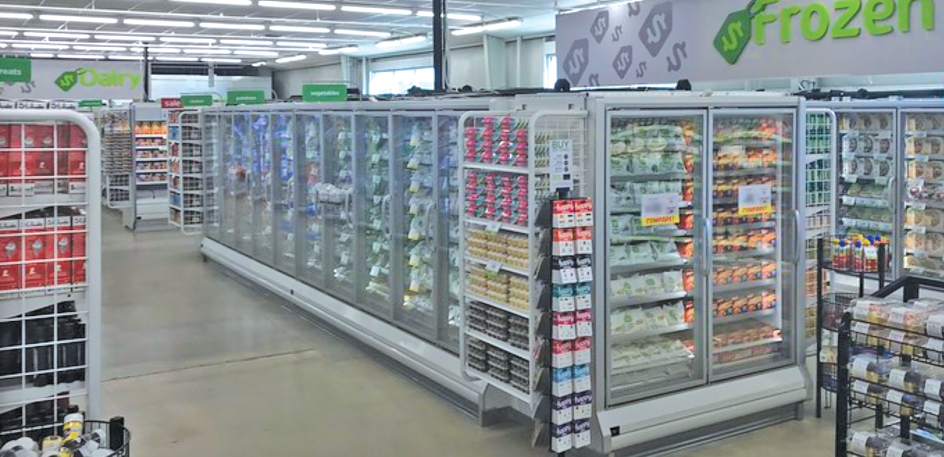
 Ron Wittwer, 86, of Stillwater, OK, formerly of Humboldt, passed away on Monday, May 20, 2013, in Stillwater.
Ron Wittwer, 86, of Stillwater, OK, formerly of Humboldt, passed away on Monday, May 20, 2013, in Stillwater.